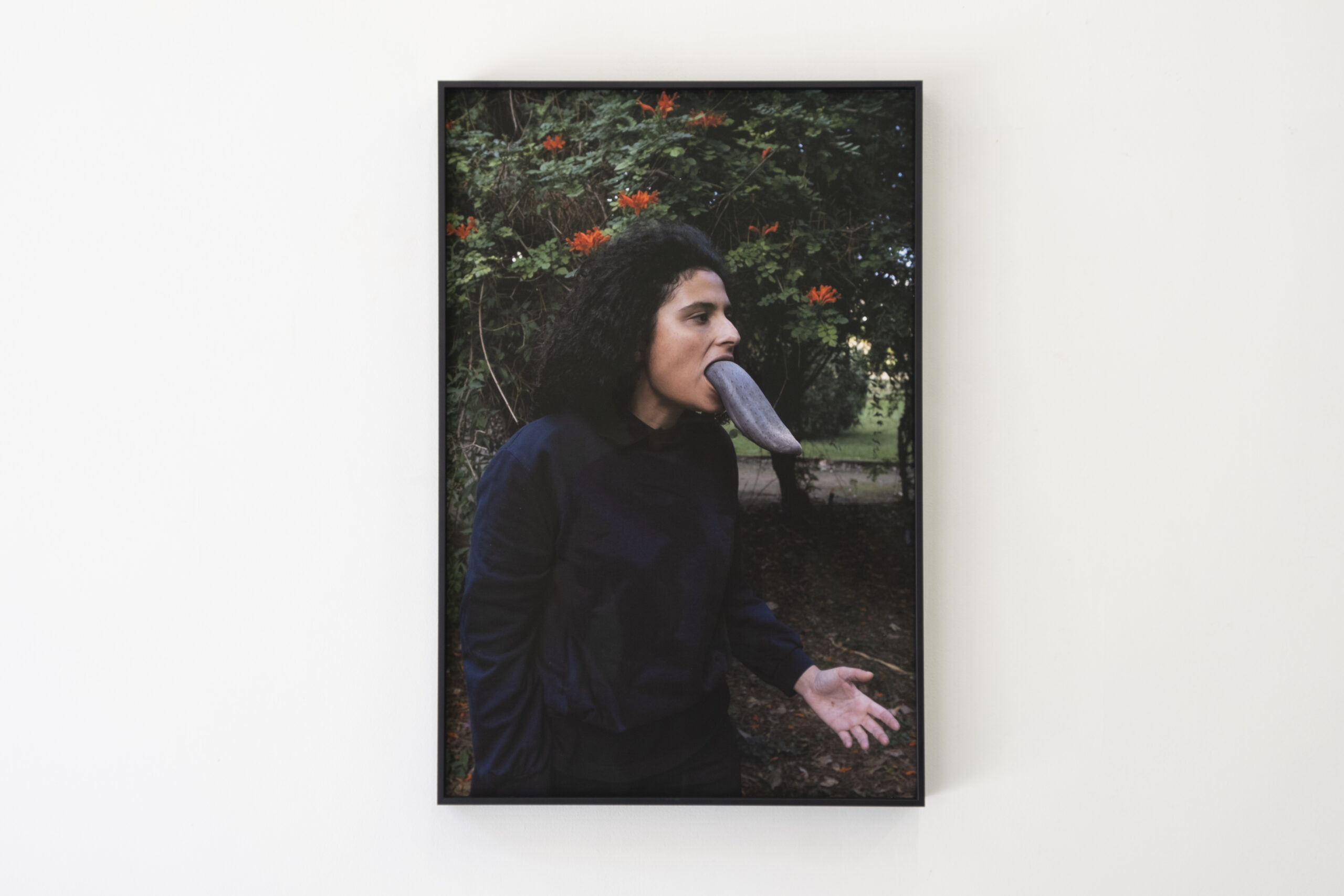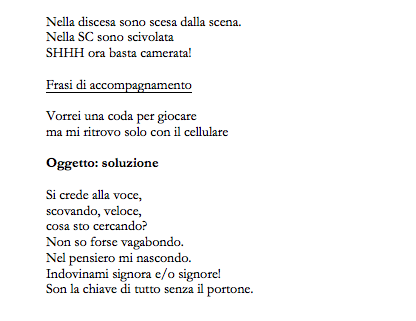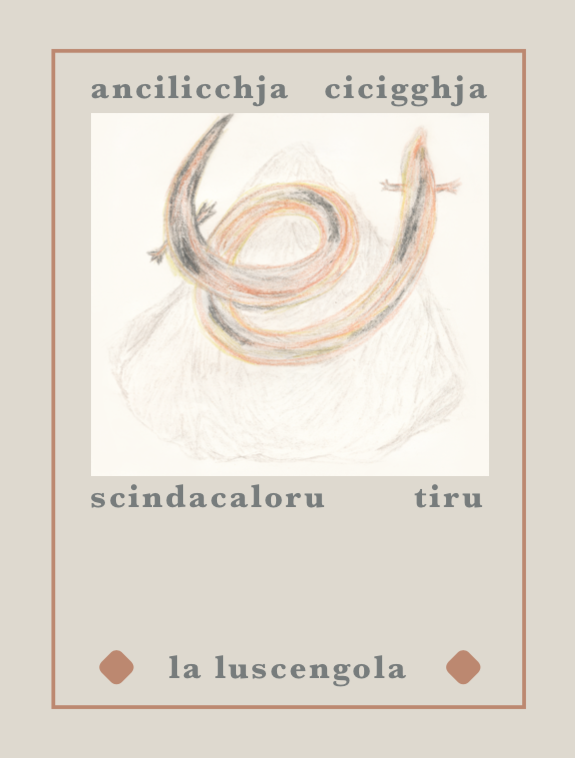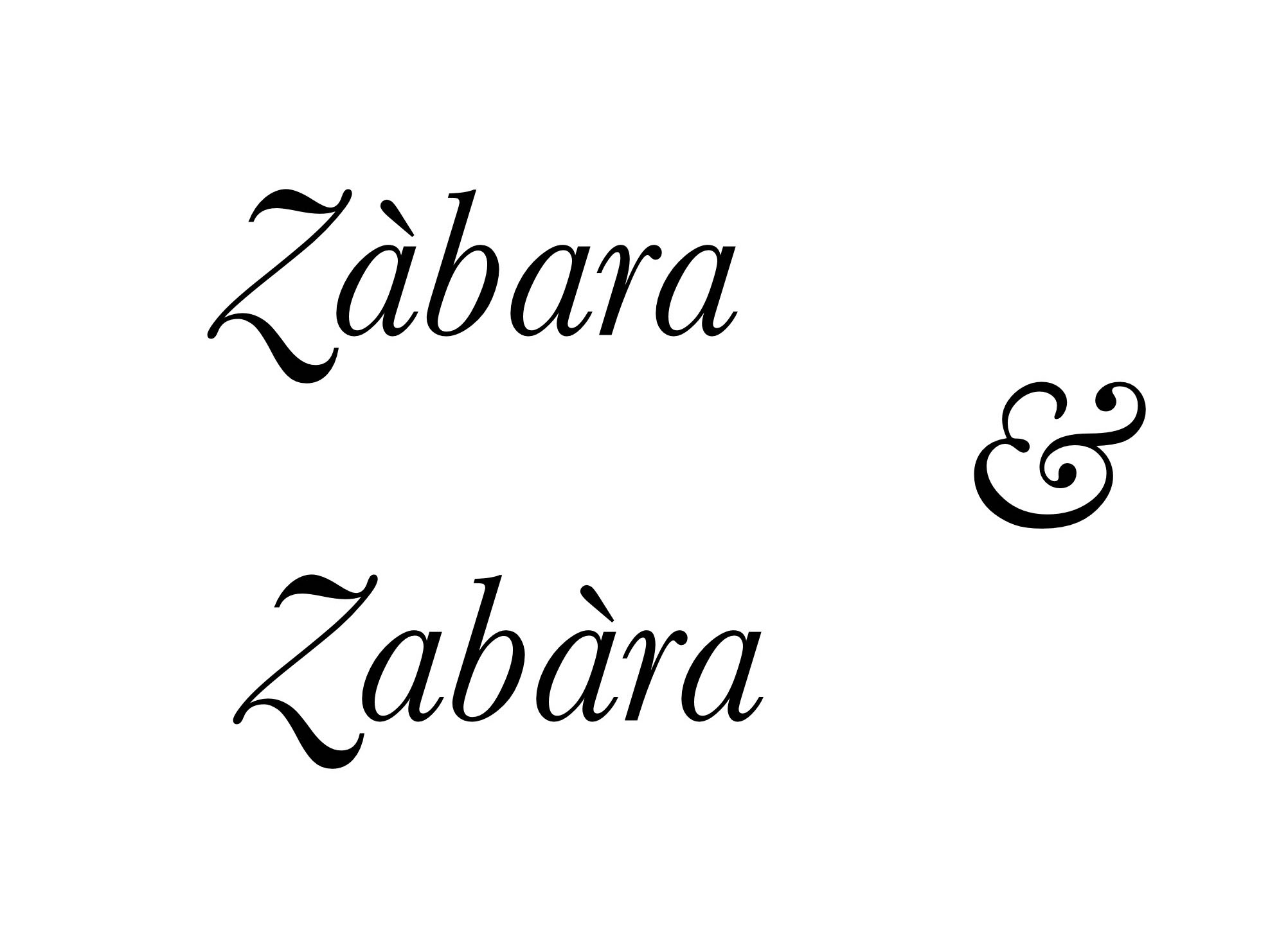
2024
ITA
Un piccolo universo linguistico si schiude nello spazio interposto tra Zàbara e Zabàra*, espressione verbale questa, che si fa immagine prendendo le fattezze dei parlanti che la pronunciano. Zàbara e Zabàra sono infatti due soggetti in un certo senso simili ai propri nomi, differenti tra loro solo per un piccolo segno, una postura che cambia tono, infine senso, come nel continuo scambio tra parlante e uditore. Tale maniera di essere e apparire è infatti propria della regione in cui sorge la Torre di Baab. Un luogo che ospita non solo specie di esseri miste tra umani e animali, ma anche le specie dei nomi che le identificano, le mescolano, persino le nascondono. Quel che infatti si ascolta andando in giro da quelle parti è un manieristico vortice di espressioni, tante forme e decori per intendere una stessa cosa o essere, tante materie e composizioni per l’infinita congerie di genti e popoli che sono nelle nostre teste, che continuamente cambiano linguaggio, finanche a non capirsi.
* << Per dire che una cosa, una convinzione, un’argomentazione vale l’altra apparentemente contraria. >>
L. Sciascia, Occhio di capra, Adelphi, Milano, 1994.
ENG
A small linguistic universe opens in the space interposed between Zàbara e Zabàra*, this verbal expression becoming an image that takes on the shapes of the speakers who utter it. Zàbara e Zabàra are indeed two subjects in a sense similar to their names, differing from each other only by a small mark, a posture that changes tone, ultimately meaning, like in the ongoing exchange between speaker and listener. This manner of being and appearing is characteristic of the region where the Tower of Baab stands. A place that hosts not only mixed species of beings between humans and animals but also the species of names that identify, mix, and even hide them. What one hears while wandering around those parts is a mannerist whirl of expressions, many forms and decorations to mean the same thing or being, many substances and compositions for the infinite congeries of peoples and communities that reside in our heads, perpetually changing language, even to the point of not understanding one another.
* << To say that one thing, one belief, one argument is worth another apparently contrary one. >>
L. Sciascia, Occhio di capra, Adelphi, Milan, 1994
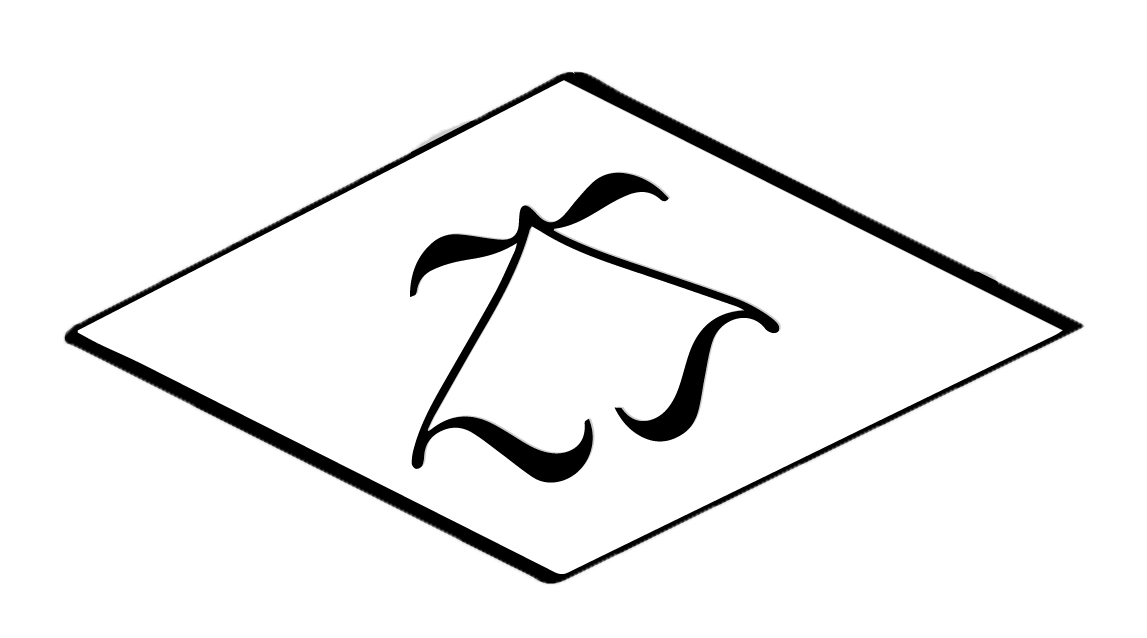
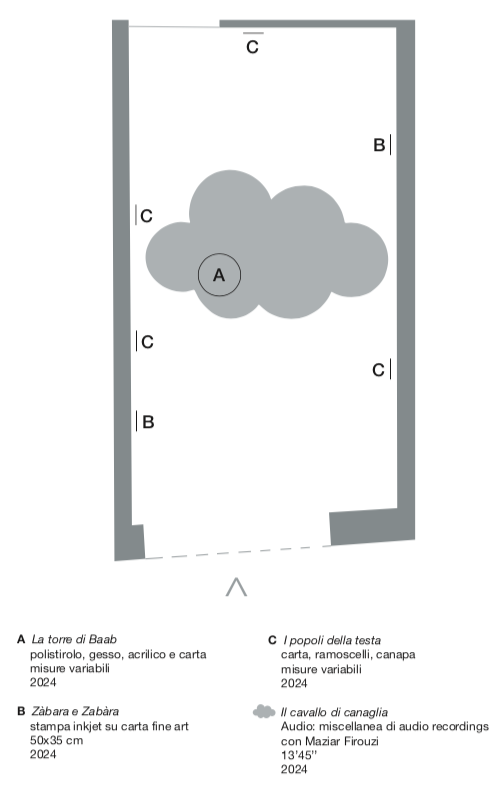
____________
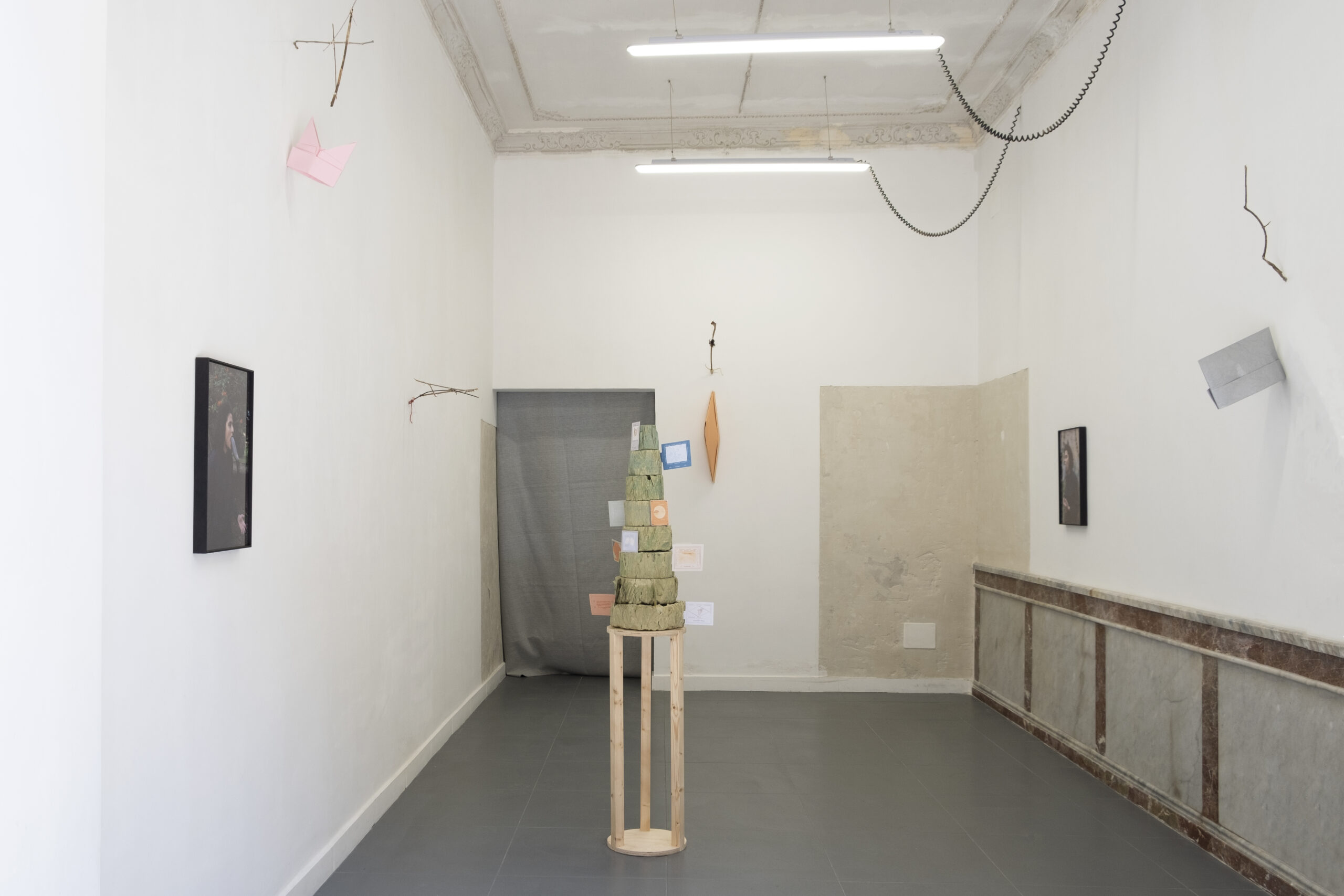

____________
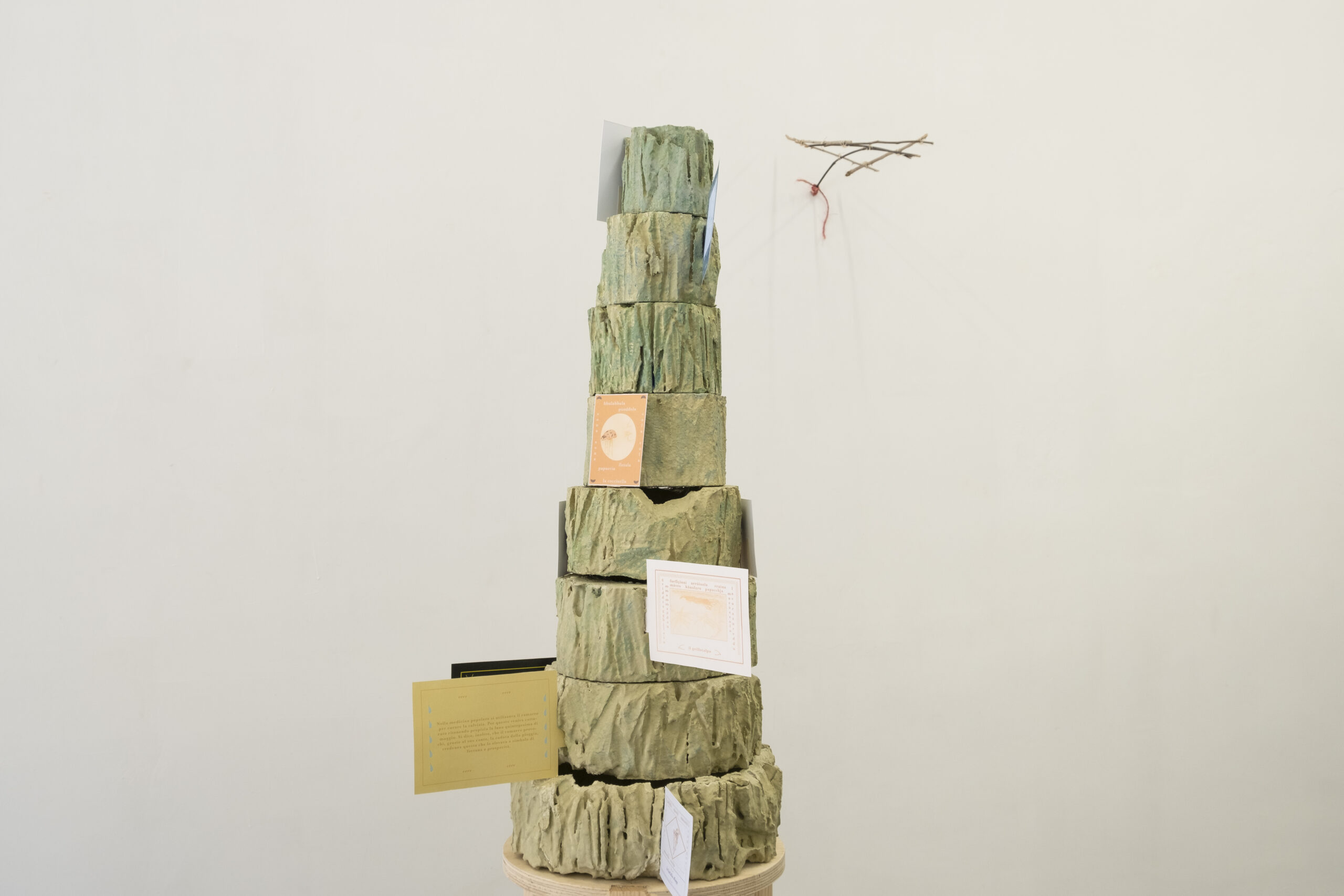
____________
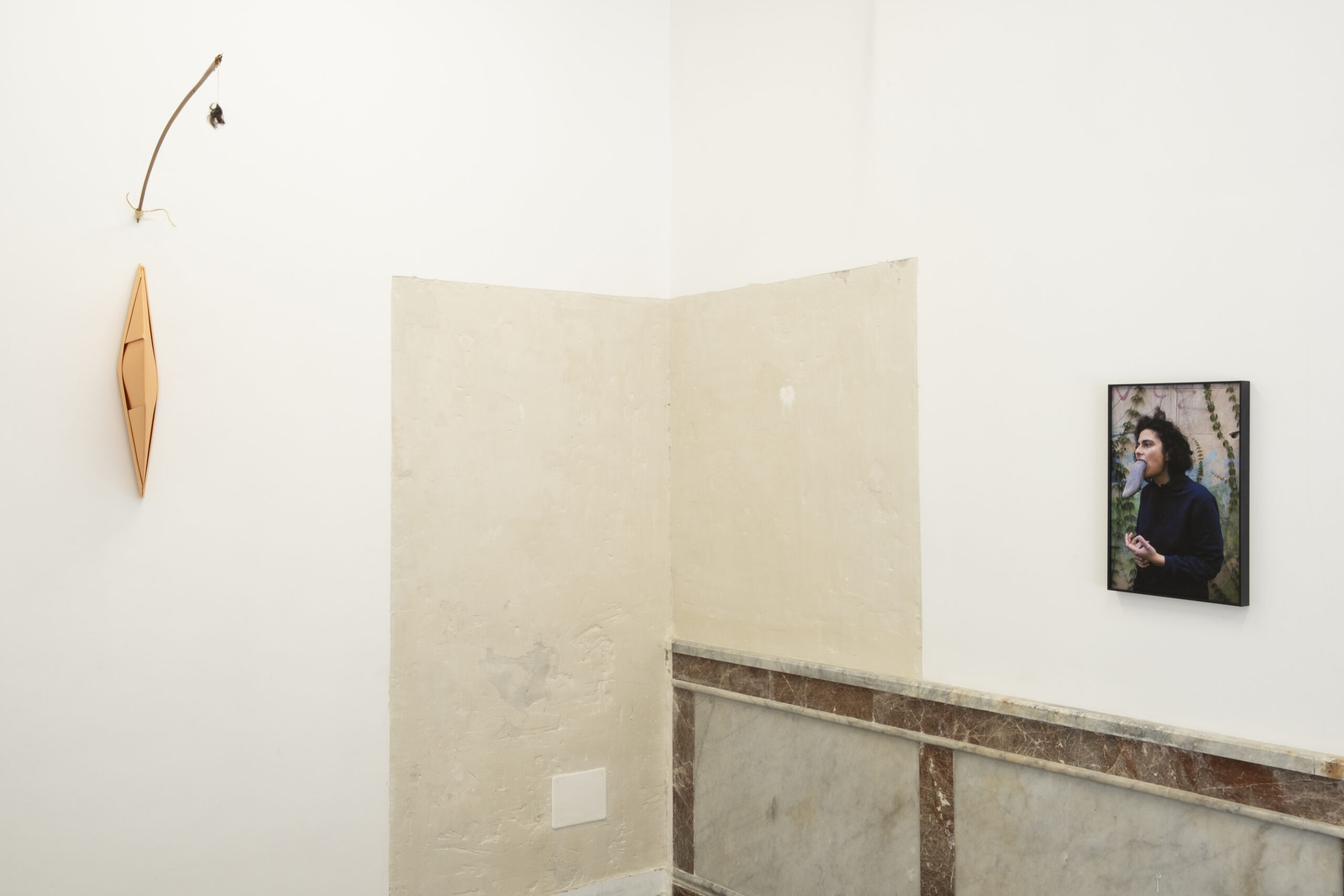
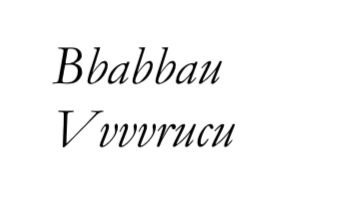
____________
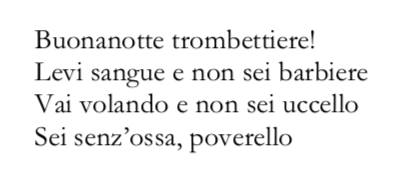
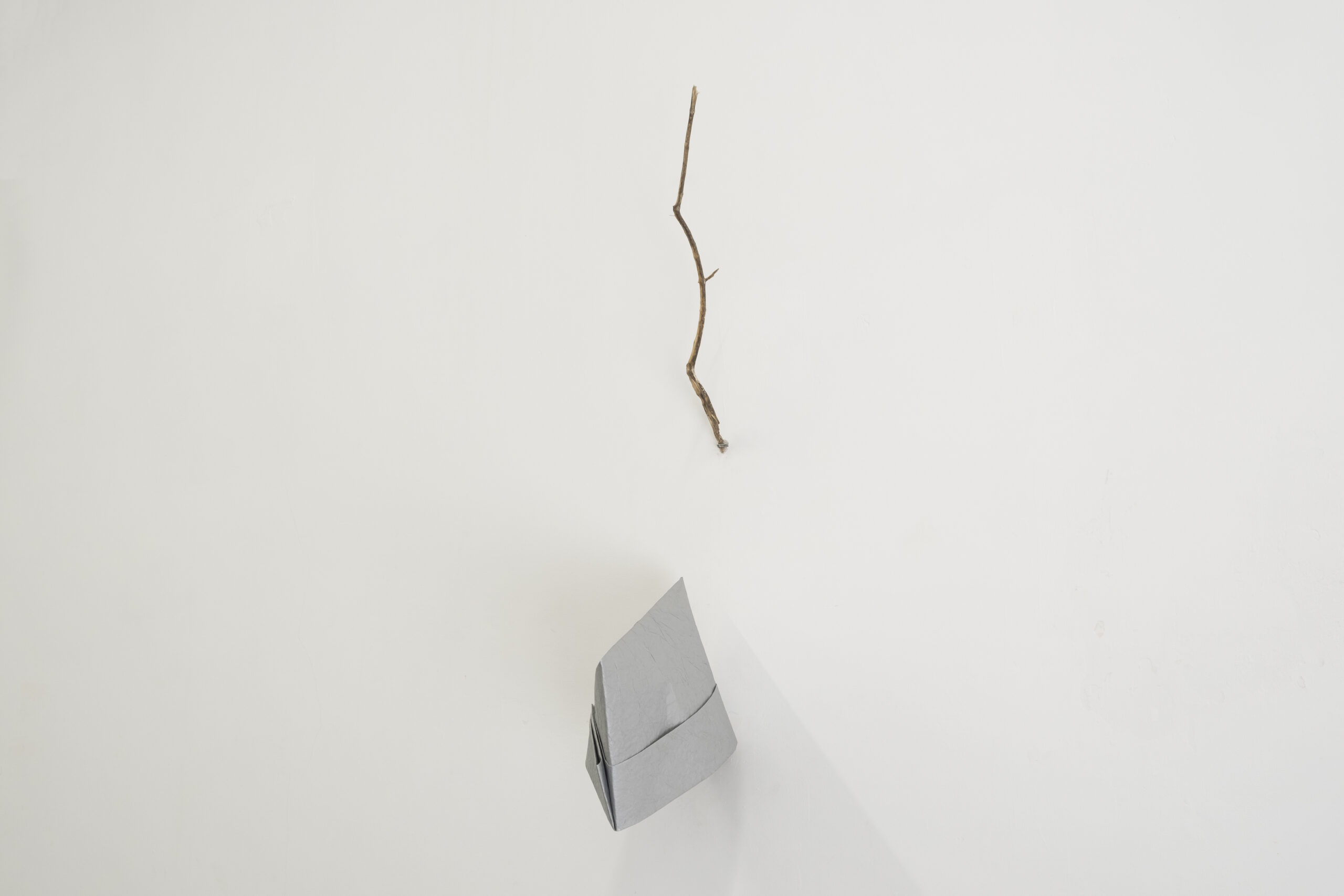
____________
